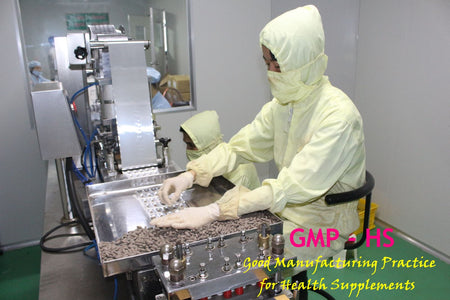How long does post-Covid last? How to avoid post-Covid?
Even though they have recovered, Covid-19 patients still suffer from after-effects such as: cough, shortness of breath, rapid heartbeat, shortness of breath, hair loss, hormonal disorders... So how to avoid post-Covid? Read the article below to find out the answer!
I. What is post-Covid-19 syndrome?
WHO has issued an official definition of post-Covid-19 syndrome: Post-Covid-19 condition occurs in people with a history of infection with symptoms lasting at least 2 months that cannot be explained by an alternative diagnosis.
Research results show:
- 33%-76% of patients may experience post-Covid-19 symptoms lasting at least 6 months
- 20% of patients have to be readmitted to the hospital
- 80% of patients require follow-up at a primary health care facility within 2 months of discharge.
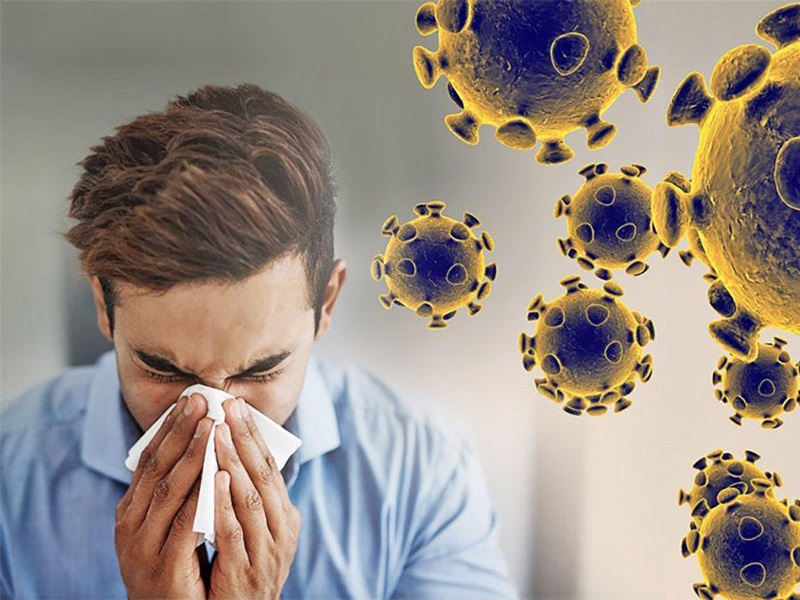
II. How to avoid post-Covid?
1. Anyone can get post-Covid syndrome!
Experts say: Anyone can get post-Covid syndrome, the important thing is: How it manifests - To what extent - For how long!
“Signs” to recognize post-Covid
As mentioned above, people who have recovered from Covid may experience symptoms such as: difficulty breathing, shortness of breath, rapid heartbeat... however, these are only the most COMMON and CLEAR manifestations. According to statistics, there are about 200 symptoms related to post-Covid-19 syndrome. → We may have post-Covid syndrome but do not know it.
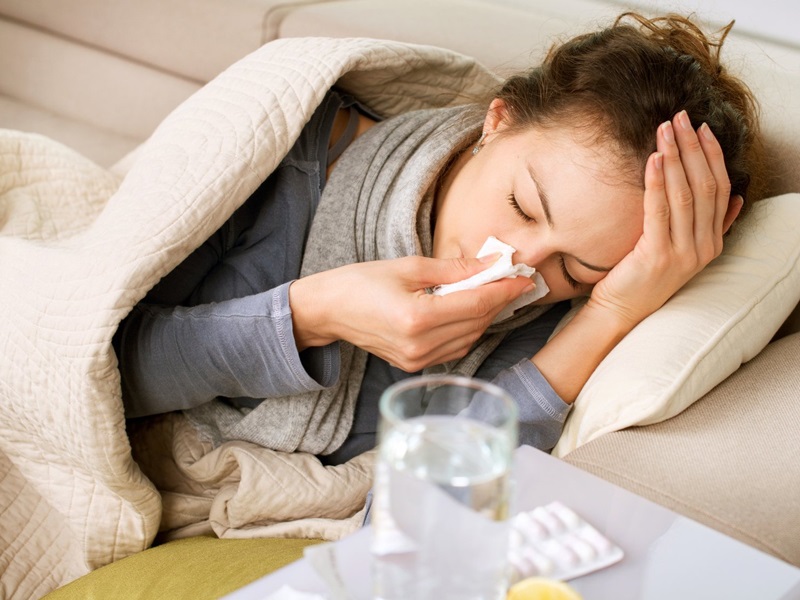
Degree of severity
Some people who recover from severe COVID-19 may experience long-term multi-organ damage or autoimmune disease with symptoms lasting weeks or months.
Not only manifested by the above clinical symptoms, patients may also have subclinical abnormalities such as prolonged increase in cardiac enzymes, blood sugar disorders, thyroid hormone disorders, decreased glomerular filtration rate; respiratory dysfunction...
How long can post-Covid syndrome last?
Post-Covid symptoms can last for about 6 months or less with scientific treatment and exercise!
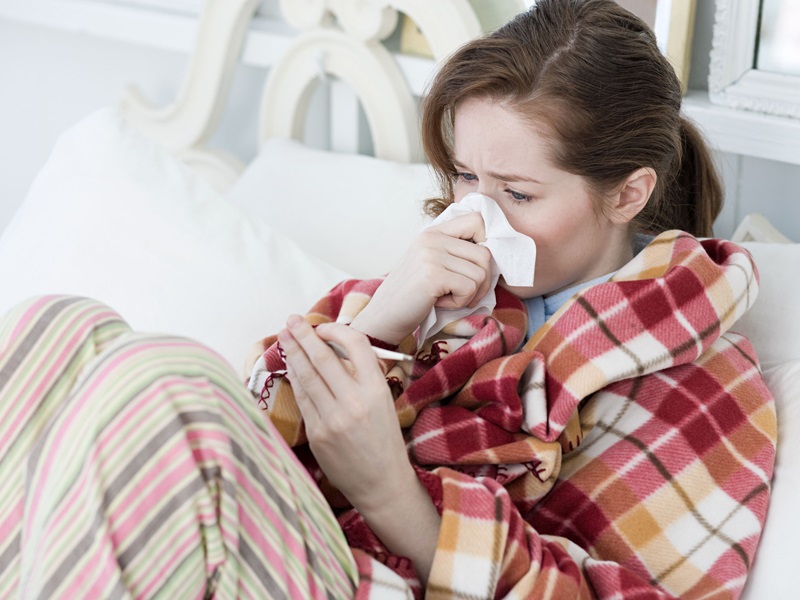
2. Who is more susceptible to post-Covid syndrome?
Many studies have shown that the severity of acute Covid-19 is related to risk factors such as old age, male gender, obesity, coronary artery disease, chronic obstructive pulmonary disease, diabetes, etc. However, no studies have shown that the risk of post-Covid syndrome is related to the above factors.
The UK Office for National Statistics reports that the two groups with the highest rates of post-Covid-19 syndrome are women and the 35-49 age group, people living in areas worst affected by the pandemic, people working in the healthcare sector, and people with other health problems or disabilities.

How to avoid post-Covid? → Post-Covid after recovery is NOT inevitable. However, we can reduce the impact of this condition on our health!
III. Measures to help overcome post-Covid-19 syndrome!
Experts have given some advice to help patients improve and quickly overcome post-Covid-19 symptoms such as:
→ Eat a nutritious diet: Eat a nutritious diet, supplement with foods rich in vitamins, minerals, and proteins, drink enough water, eat lots of fruits and vegetables, supplement with vitamins...
→ Do light exercises: You can choose to walk about 30 minutes/day, then increase activities that require more physical strength such as: cycling, swimming, push-ups.
→ Practice breathing exercises to restore lungs after Covid
→ Keep yourself in the most comfortable spirit!
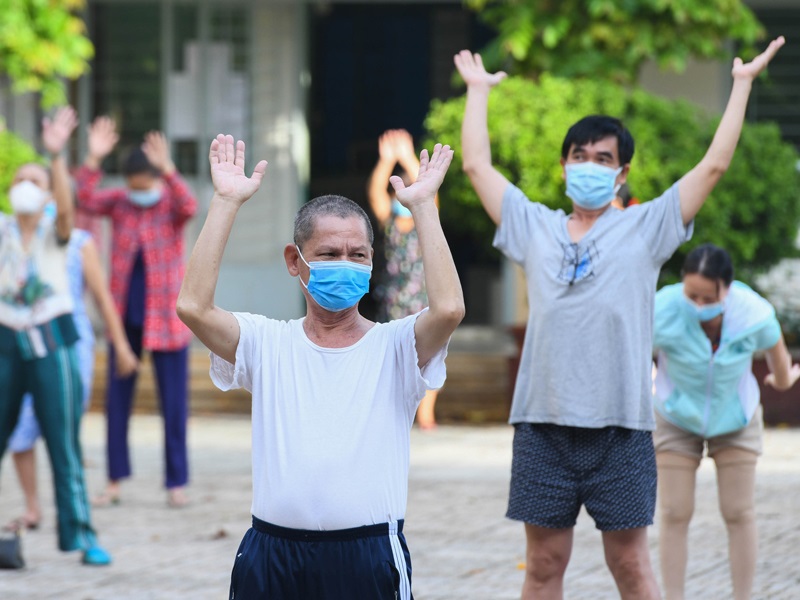
In addition, you can also choose some supportive drugs to help reduce Covid symptoms such as:
- Medicines to help treat chronic cough: benzonatate, proair spray, mucinex expectorant…
- Medicine for patients with rapid heartbeat
- Medications to help treat joint pain symptoms: Over-the-counter medications such as ibuprofen (if you don't have stomach pain or kidney disease) or acetaminophen.
- Medicines to help treat stress
How to avoid post-Covid? – Have you got the answer through this article of NanoFrance? Remember to regularly follow our Website to update the latest knowledge about Medicine and Pharmacy!






